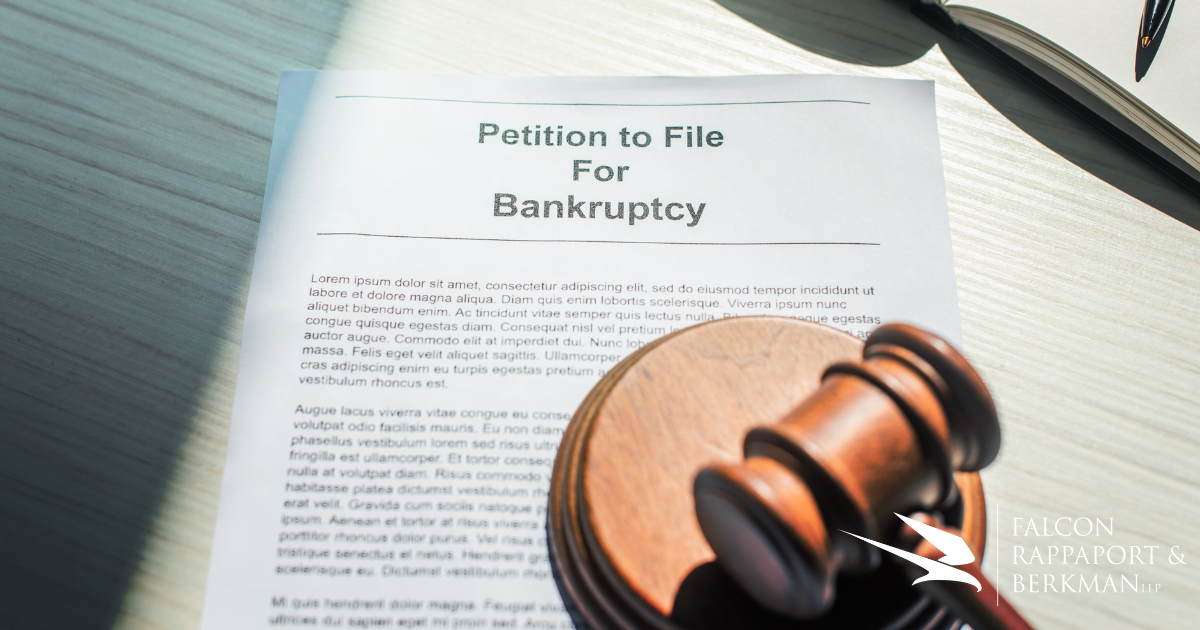Creditor Alert: A Confession of Judgment Is Not Removable to Federal Court Based on a Related Bankruptcy Filing
By: Michael L. Moskowitz, Esq.
A recent decision from the Southern District of New York provides insight for creditors seeking to enforce judgments against debtors who subsequently file for bankruptcy. In Honeedew Investing LLC v. Abadi, No. 24 Civ. 6434 (AKH) (S.D.N.Y. Nov. 13, 2024), the court granted plaintiff’s motion to remand the case back to the State Supreme Court, finding that a New York confession of judgment is not removable to federal court based on a related bankruptcy filing. This decision underscores the limitations on removal jurisdiction.
Case Background
Honeedew Investing LLC obtained a confession of judgment against Carlos and Barbara Abadi in 2017. After the Abadis failed to satisfy the judgment, the state court ordered them incarcerated. Both Abadis subsequently filed for Chapter 7 bankruptcy in the United States Bankruptcy Court for the Eastern District of New York. Following these filings, the Abadis were released from prison. Debtors then attempted to remove the state court case to the bankruptcy court, arguing that federal jurisdiction existed due to the bankruptcy filings.
Court’s Ruling
On appeal, District Judge Alvin K. Hellerstein rejected the Abadis’ argument and granted Honeedew’s motion to remand. The court explained that removal jurisdiction based on a bankruptcy-related matter only applies to “civil actions.” However, under New York law, a confession of judgment is distinct from a civil action. The court cited N.Y. C.P.L.R. § 3218, which distinguishes a “judgment by confession” from an “action.” Because the confession of judgment was entered and no further proceedings remained in state court, there was no removable “action.” The court emphasized that removal jurisdiction does not exist for matters ancillary to state court proceedings.
Strict Construction of Removal Statutes
The Honeedew decision reinforces the principle that removal statutes are strictly construed, and any doubts are resolved against removability. The court’s analysis highlights the importance of carefully examining the nature of the state court proceeding before attempting removal to federal court based on a related bankruptcy filing. This decision serves as a reminder that removal is not always available, even when there is a connection to a bankruptcy case.
Importance for Bankruptcy Practitioners and Clients
This decision has significant implications for bankruptcy practitioners and their clients. It clarifies that a New York confession of judgment, once entered, is not a removable action even if a related bankruptcy case is pending. This limits the ability of debtors to remove such matters to federal court and reinforces the importance of state court proceedings in enforcing judgments. Creditors should be aware of this limitation and understand they may continue pursuing enforcement actions in state court, even if the debtor files for bankruptcy, but only after seeking relief from the automatic stay.
Falcon Rappaport & Berkman invites you to explore how our professionals can meet your needs across our fully integrated areas of concentration. FRB’s interdisciplinary approach allows the firm to achieve unparalleled outcomes for our clients that could only be secured through proficiency in complementary areas of law. To contact FRB’s professionals, please call (212) 203-3255 or submit the contact form below.
DISCLAIMER: This summary is not legal advice and does not create any attorney-client relationship. This summary does not provide a definitive legal opinion for any factual situation. Before the firm can provide legal advice or opinion to any person or entity, the specific facts at issue must be reviewed by the firm. Before an attorney-client relationship is formed, the firm must have a signed engagement letter with a client setting forth the Firm’s scope and terms of representation. The information contained herein is based upon the law at the time of publication.

